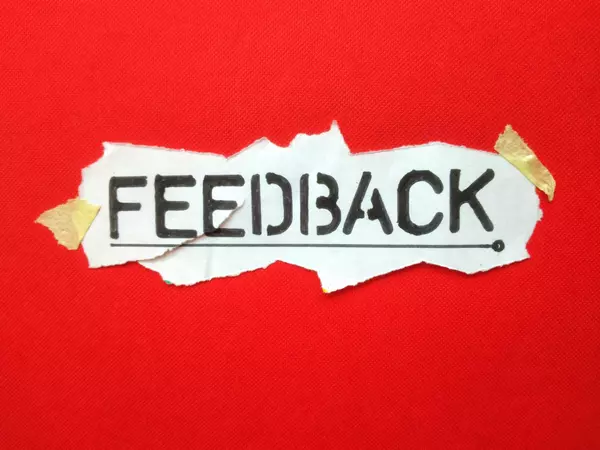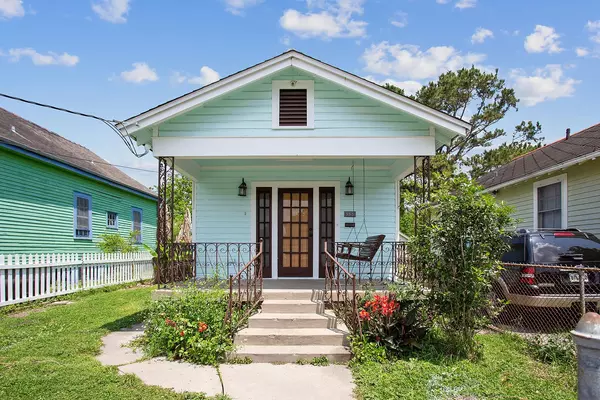
Don't Sabotage Your Home Purchase
How to Avoid Sabotaging Your Home Purchase You’ve been pre-approved for a mortgage, found the perfect house, had your offer accepted, and are just waiting for the sale to go through so you can officially be a homeowner. Now is not the time to jeopardize your progress! Here’s a list of things to avoid between choosing your home and getting those keys in your hand. Buying big ticket items Once approved for a mortgage, resist the urge to splurge. We get it; you’re excited about new furniture, a washer and dryer, or even a fancy lawnmower for your new place. But hold off on major purchases until after closing to keep your debt-to-income ratio stable—and your loan approval intact. Moving large sums of money from one account to another Before transferring money between accounts, check with your mortgage lender. They’re required to document account balances, and moving funds around could create delays in your closing. Changing jobs Avoid switching jobs if possible. If a job change is unavoidable, talk to your lender first. A similar role in the same industry might be fine, but going self-employed could jeopardize your loan. Changing Your Marital Status Louisiana is a community property state, so getting married or divorced can impact your mortgage process. Changing your marital status could lead to delays while your lender re-verifies everything. Letting your pre-approval expire Your initial pre-approval isn’t indefinite. Lenders typically need to re-verify your financials after 60 days. If your pre-approval is nearing expiration, meet with your mortgage broker for an update. Missing Payments on Bills Keep every bill paid early or on time. Just one late payment could be the difference between closing on your new home and having to keep renting. Need help buying your next home? Call us today at 504-327-5303 and we’ll help you avoid the potential landmines.

What to Know About Buyer Broker Agreements
Buyer Broker Agreements Required Starting August 15, 2024 Beginning August 15, 2024, all real estate agents will need a signed Buyer Broker Agreement before showing any properties. This is required by both the National Association of REALTORS and Louisiana law. But what does this mean for you as a home buyer? What is a Buyer Broker Agreement? A Buyer Broker Agreement is a contract between you and your real estate agent. It lays out the services your agent will provide and how they’ll be paid. This agreement helps make sure everyone is clear on what to expect during the home-buying process. Why Is This Happening? In the past, buyers typically didn’t pay their agents directly. The listing broker usually handled those fees. But with this new rule, that’s changing, and it will impact how you choose, hire, and pay your agent. What’s in the Buyer Broker Agreement? At Crescent City Living, we’ve always been committed to helping you find the right home, attend property showings with you, provide market advice, assist with offers and negotiations, and guide you through closing. We’ve always got your back, and that won’t change. The only difference now is that we’ll have a written agreement with our buyer clients, just as we’ve always had with our sellers. Here’s what our contract will include: Exclusive Partnership: You agree to work only with your agent for a set period. Payment Details: How and how much your agent will be paid. Contract Duration: How long the agreement will last. Termination Clause: How either of us can end the agreement. How Does Your Agent Get Paid? In the past, buyer agents were paid by the seller through their listing agent. Now, buyers will be responsible for paying their agents. But don’t worry—you can still ask the seller to cover some or all of these costs as part of your offer. It’s all negotiable. Can You Hire an Agent for a Short Term? Yes! You can negotiate the length of your agreement with an agent, from as short as one day to several months or more. You can also negotiate how the agent will be paid, whether it’s a percentage of the sale price, a flat fee, or something else. In Louisiana, contracts can be amended in writing, so you can extend or end the agreement if needed. What Should You Do Next? We recommend interviewing a few buyer agents before you start your home search since you’ll need to sign an agreement before touring any properties. Don’t just pick the first agent you see—find one that’s right for you. Got Questions? We’ve got answers! Feel free to reach out to us at 504-327-5303.

When Does Price per Square Foot Matter?
Price per square foot – when does it matter in real estate? Understanding Price Per Square Foot in Real Estate I’m always amazed when I chat with my friends who are real estate agents and brokers in other states. Many of them have never measured a house because square footage isn’t a required field in their multiple listing service (MLS). In fact, in some places, square footage doesn’t appear in MLS listings at all. So, how did buyers and sellers become so focused on square footage as a pricing measure? Probably because the math is simple: Price ÷ square feet = price per square foot (PPSF). Even a 5th grader can do that math! But what’s the big deal? Appraisers don’t value residential real estate based solely on PPSF. Any appraiser will tell you they are looking for comparable sales in similar locations and determine market value based on those sold prices. Do they adjust for differences in square footage? Absolutely, but not as much as you might think. If your neighbor’s house has 100 square feet less than yours and sold for $200 per square foot, an appraiser won’t just add $20,000 to your home valuation. The difference in appraised value will be minimal, making PPSF nearly useless when deciding on a listing or offer price. PPSF doesn’t consider the details of a home. Does it have upgraded finishes? A more desirable lot? Is it newer than other homes in the neighborhood? Square footage doesn’t account for any of these factors. So, is PPSF ever useful? Sometimes, yes. If you’re buying in a neighborhood of new tract homes with similar finishes or a large condo development with many comparable units, then PPSF might be considered by an appraiser or your agent. Otherwise, it’s a detail that too many people get caught up in, often derailing their home purchase or sale by using PPSF to sway their determination of value.
Categories
Recent Posts









